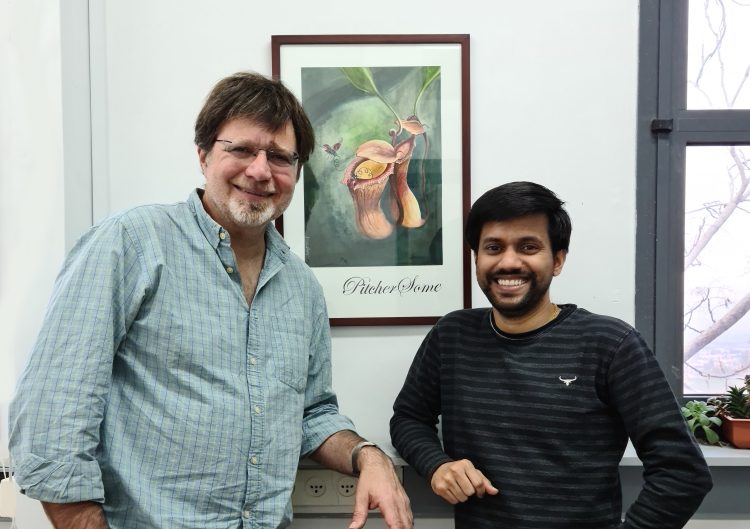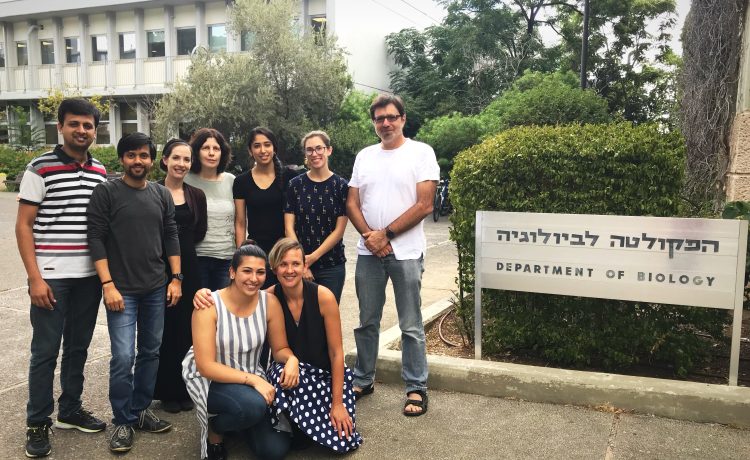Three research teams at the Technion-IIT headed by Professors Michael Glickman, Ashraf Brik, and Oded Kleifeld in cooperation with Prof Sharlene Day from UPENN/U of MICHIGAN and the team of Prof Yao Cong from the Chinese Academy of Sciences Shanghai, found an alternative manner by which human cells eliminate damaged proteins.
When proteins are impaired by oxygen radicals – as happens during poor cellular respiration of failing heart conditions – some cells shift from a tightly controlled process of protein removal to a less regulated, less discriminatory, mechanism.
In an original manuscript published on 26 October 2021, in the prestigious Nature Communications journal, the authors propose that stressed cells enter an emergency protocol to clear up the toxic proteins before their levels build up.
The lead author Dr. Indrajit Sahu from the faculty of Biology at the Technion likens the mechanism to that of a pitcher plant: anything that falls in will be digested down to its building blocks. One consequence of this lower regulation under stress, a few intact and functional proteins (such as those that are physically attached to faulty proteins) can be digested along with the proteins destined for removal. As a case-in-point, the authors describe how the molecular tag that labels proteins for removal is dragged into the molecular disposal unit and shredded along with its target.

To the Left: Prof. Michel Glickman. at his right Dr. Indrajit Sahu from the faculty of Biology
Summarizing the study, the authors raise interesting speculation that rather than sensitizing living cells to stress, this emergency pathway for rapid protein degradation aids cells to withstand bouts of stress and age gracefully.

Prof. Glickman’s Lab
To the Full Article: https://www.nature.com/articles/s41467-021-26427-0
To Prof. Glickman’s Page: https://biology.technion.ac.il/en/member/glickman/
To Assistant Prof. Oded Kleifeld: https://biology.technion.ac.il/en/member/kleifeld/








